Why is it important to have a good Power Supply in the Lab?

It is essential to have a safe and reliable power supply in the laboratory, as this is the key to any application in a scientific environment. The Power Supply is the device responsible for powering the electronic equipment in the laboratory, and it is important that it is of quality and with the correct levels of safety…
How can you improve the efficiency of the Power Supply in the Lab?
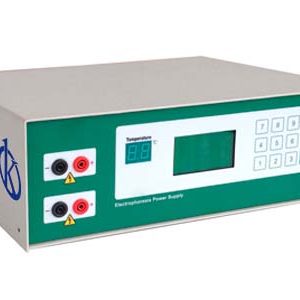
Power supplies are electronic devices that convert an external power source, such as AC 110v-220v, into a direct form of power (DC). These produce a voltage and the amount of current flowing through the devices directly depends on the current intensity required for their operation….
How to ovens the Power Supplies in the Lab?
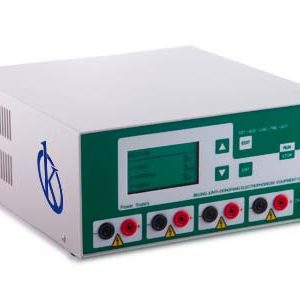
In more complex labs that need to store massive amounts of equipment, properly storing power supplies is a priority. This is because power supplies are sensitive electronic products that need careful treatment to avoid any kind of damage or damage.
Tips for Buying a Quality Laboratory Power Supply
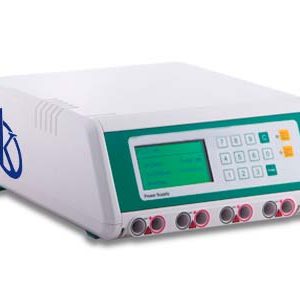
With a laboratory power supply, researchers perform tests, experiments and measurements accurately. Power supplies are the result of decades of work in the development and development of power technology. While it’s important to get the right power supply, there are some key considerations you should keep in mind when purchasing a lab power supply….
Principles of Operation of Power Supplies in the Laboratory

Power supplies are electronic devices that are used to power other electronic devices associated with a circuit. A power supply serves as the last stage of power delivery from the power outlet when it comes to large systems, and serves as a secondary power supply when operating as power supplies for circuits….
How to test the Power Supplies in the Lab?
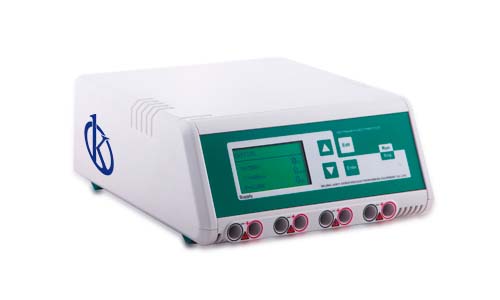
As electronic devices become smaller and smaller, power requirements become increasingly important. That’s why power supplies have become a vital part of electronic equipment design. This means that testing is a critical part of electronics manufacturing and is done in a laboratory, so it is important to understand the basics of how it is done….
How is safe an electrocardiogram?

The study records are printed on a special grid paper, which gives detailed information on heart rates, the regularity of beats, as well as the size and position of the chambers, any damage to the heart and the effects of drugs and devices regulating heart activity. In addition, it shows values by means of differential acronyms, becoming analysis material for cardiologists. ..
What is the role of the ECG?
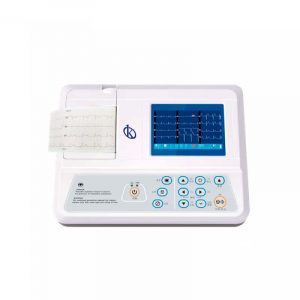
It is important that it is a high quality paper because its function is to provide an accurate record with optimum readability, to provide correct data, to be completely sure that the paper is of quality a comparison is made between the monitor screen and the printed results, however, according to the equipment used for the measurements, paper is used in rolls or special paper folded or folded in zigzag (O in Z). ..
How is an ECG interpreted?

It is called ECG as an electrocardiogram, if it is an evaluation that is done to know the electrical activity of the heart, are performed in the emergency and internal medicine units, consists in the placement of electrodes in different parts of the body, these electrodes send a signal that is recorded in an electrocardiograph, there are ways to perform the examination, one at rest where the patient is…
Using the Electrocardiogram to Predict Pericarditis
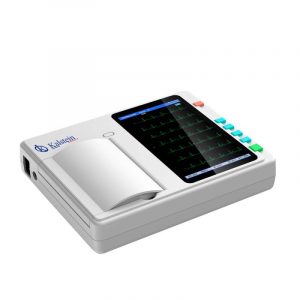
The cause of pericarditis is usually unexplained. However, in most patients, the underlying cause is probably infection with certain viruses. This acute viral pericarditis is usually caused by enteroviruses, herpesviruses, adenoviruses, and parvoviruses B 19. In addition to viral pathogens, bacteria (especially mycobacterium tuberculosis, which causes tuberculosis) as well as fungi and parasites (very rarely) are also possible causes of infectious pericarditis…
